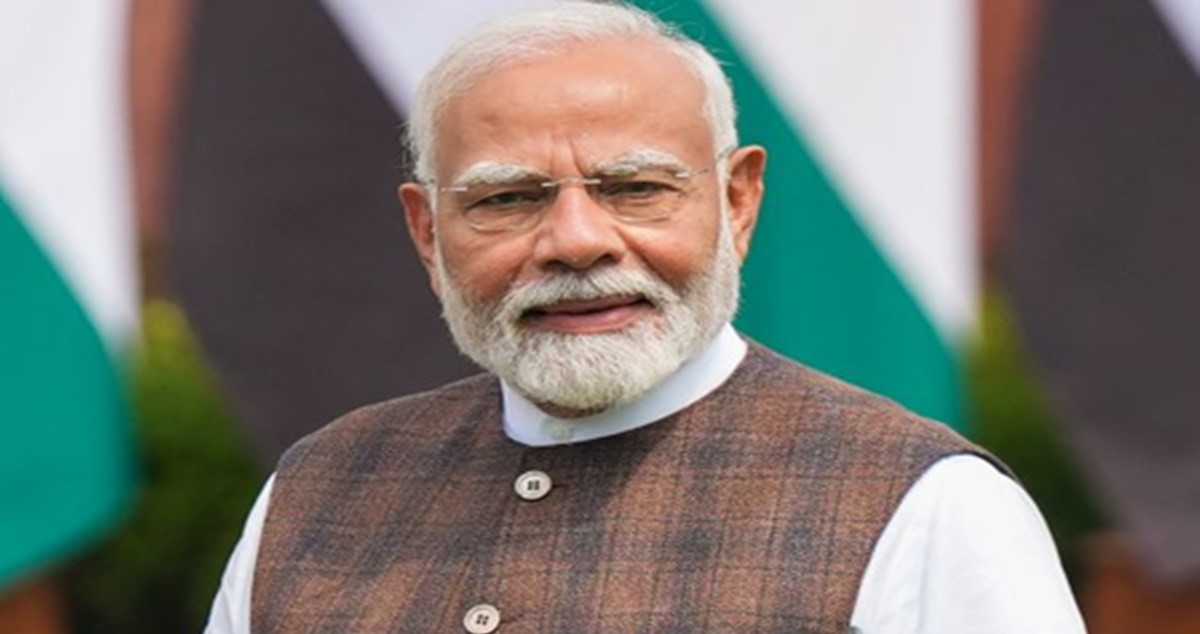Prime Minister Narendra Modi turned 75 on Wednesday. Born on September 17, 1950, in Mehsana, Gujarat, PM Modi served three consecutive terms as the state’s Chief Minister from 2001 to 2014 before being elected Prime Minister for the first time in 2014. He is now serving his third term.
On his birthday, the PM has traditionally focused on public initiatives rather than personal celebrations. The ruling Bharatiya Janata Party (BJP) launched the annual ‘Sewa Pakhwara’ campaign to mark the occasion and highlight the Prime Minister’s commitment to citizen welfare.
The PM is in Madhya Pradesh today to launch the ‘Swasth Nari Sashakt Parivar’ and ‘8th Rashtriya Poshan Maah’ campaigns, which aim to reach women and children across the country as part of India’s largest-ever health outreach.
Prime Minister Modi has emphasized innovation as a driver of India’s development, with a vision of a “Viksit Bharat” by 2047. Under his leadership, India is transitioning from a technology consumer to a global innovator, with researchers, institutions, and startups contributing to emerging technologies.
Since assuming office, the PM has promoted digitally empowered governance and data-driven policy-making to reduce inefficiencies. His government has sought to remove bureaucratic bottlenecks and improve citizen-centric services. Tesla CEO Elon Musk has praised PM Modi’s approach to technology.
Digital payments have grown rapidly under the Prime Minister, with the Unified Payments Interface (UPI) processing over ₹24.03 lakh crore in June 2025 alone. During the COVID-19 pandemic, PM Modi’s CoWIN platform enabled the vaccination of over 950 million citizens, drawing international attention.
The PM has also prioritized the semiconductor sector, aiming to reduce import dependence and boost self-sufficiency. With projects across six states, India’s semiconductor market is projected to reach USD 110 billion by 2030. In August 2025, four additional semiconductor units were approved with an investment of ₹4,600 crore.
Security and counter-terrorism have been central to PM Modi’s agenda. His government dismantled groups such as the Indian Mujahideen and reduced terror-related incidents. Efforts to counter Naxalism focused on cutting funding, infrastructure development, and coordinated action between central and state agencies, aiming to make India Naxal-free by March 2026.
In Jammu and Kashmir, the abrogation of Article 370 in 2019 sought to enhance integration and development while maintaining peace. PM Modi’s government carried out surgical strikes and airstrikes in response to cross-border terror attacks, including operations post-Uri, Pulwama, and Pahalgam, targeting facilities of Jaish-e-Mohammed and Lashkar-e-Taiba.
Under the Prime Minister’s leadership, India has achieved significant advances in technology, governance, and security.
–IANS














